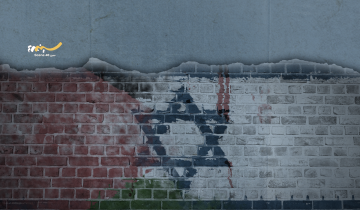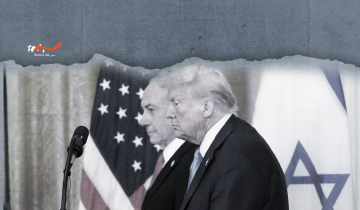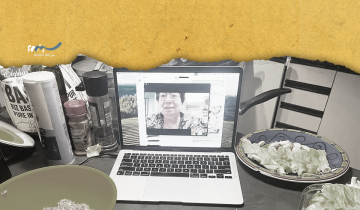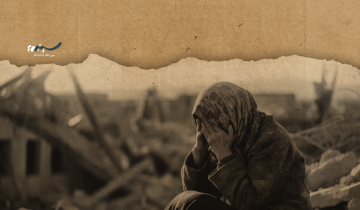The Space Between Memory and Hope
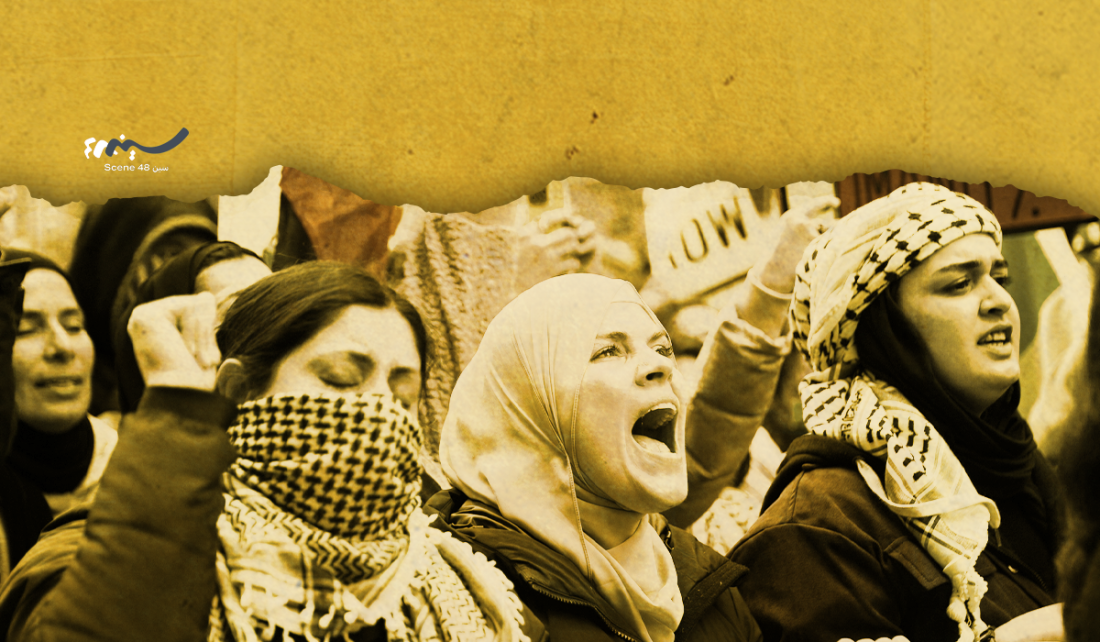
Indeed, the future is not the only thing in question; it includes the present, the past, and the future. But what matters most is the question about the future of Palestine—the people, the identity, and the plight for rights, liberation, and self-determination.
No one can deny that we have a profoundly complex and uncertain reality. It may be that we are not unique in the sense of having similarities with other modern cases, such as Algeria under French colonial rule, South Africa under Apartheid, the partition of India, the Kashmir conflict, and, for sure, the struggle of Indigenous peoples in North America and Australia. The uniqueness of the Palestinian case, however, lies in the fact that we have a unique enemy whose hegemony extends to all parts of the world and hence curbs our realization of effective statehood and national sovereignty, despite international recognition. Despite global recognition, effective statehood and national sovereignty are lacking. After 100 years of Zionist settler colonialism, we continue to live a protracted Nakba characterized by a complex matrix of systemic policies of politicide, genocide, denial, and dehumanization inflicted by those who have themselves been subjected to global atrocities and discrimination.
Since childhood, I have been unable to detach myself from our reality. Having lived under occupation, displacement, and continued Israeli domination, a set of urgent questions has been carried through my entire life: “why us? As a people known as one of the most educated in the world, what can we do? And where does my responsibility lie in transforming my reality as a Palestinian?” When I say my reality, I mean my people’s reality, because I am proudly part of the Palestinian body and soul. But I am also tired, weary, and skeptical, for it is hard to imagine a better future given the current reality and the heavy burden of the past. Our current reality is full of open questions about achieving national unity, realizing what most intellectuals call for, including a reinstatement of the PLO, and reconfiguring our national project. But what is our national project? Is it to liberate the land at the expense of the human being? Is our national project an imagined thesis in the minds of individuals, or is it a collective project based on a national identity?
After almost two years of ongoing genocide in Gaza, Europe started to wake up, thus infusing us with much-needed hope. Yet, this hopefulness is fleeting, as it is overwhelmed by the despair of the daily aggression, loss of life and livelihood, the very-strong attack on Palestinian identity that is alive and well in the Zionist-leaning West, and the inability of sympathy—among people and governments— in the Arab world and the Global South to move the needle regarding realizing an end to this ongoing atrocity. It is not easy to draw a clear line between the two ends of the spectrum since my perception of the present dominates my reflection of the future. No one can deny that despite the ceaseless efforts by all the brave warriors, Palestinian and international, we all carry a heavy sense of helplessness and lack of belief in the possibility of change.
Nevertheless, the only thing that keeps me believing is my motto of “keep moving forward”. This inherent sense of survival keeps me optimistic that we shall prevail and keep working on all possibilities, considering that nothing should be taken for granted, and that we should keep our hope in ourselves and continue despite adversity. There is no other option. This is the only way that we can have a resilient mental state in the face of the ongoing slaughter and lack of effective action to curb Israel’s devilish endeavor. We will not vanish, and we will continue to be.
One might say I am being philosophical, but I cannot imagine life without an intellectual base, especially during difficult times of national struggle. We must frame our national predicament by reflecting on how we will achieve our national self-determination. For, although we are living in a turbulent world that shows a strong dialectic between the sublime universal values of justice, ethics, and human rights and the world of the jungle and the vicious power of capitalism and material profit, we need to stay true and focus on reinstating our own belief in ourselves; that we can, and we continue to “be”. We need to deal with our complex reality within an even more complex world by focusing on the need to reconfigure the application of the universal ethical framework for justice. We cannot despair because of the structural deficiencies of international law. We need to be proactive in cultivating the moral sense of the world, and continue to strive for our self-determination, human rights, and the right to live as equal human beings. We must focus on our national project while building our courage and humility to work together as a people, irrespective of our political, geographic, cultural, or religious backgrounds. We must find creative ways to succeed in national dialogue and reconciliation.
I know this may sound too prescriptive, given the urgent need for miracles to happen and at least stop the genocide in Gaza. But we must create miracles within our mindsets and carve out a position toward national salvation. It is difficult to foresee the way out without this inward reflection on how we can be practical within the current context, whether the national, regional, or international and how we can become the actors, not merely objects of forced external action, and figure out how to leverage all possible tools to serve our national aspirations.
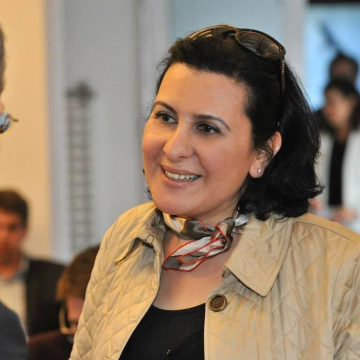
Dr Lily Habash
A prominent Palestinian Christian human rights activist, diplomat, and international development expert known for her significant contributions to Palestinian state-building, civil society, and post-conflict state-building. Born into a refugee family displaced from Lud and Jaffa during the Nakba, she has dedicated her life to advocating for justice and peace in Palestine.
